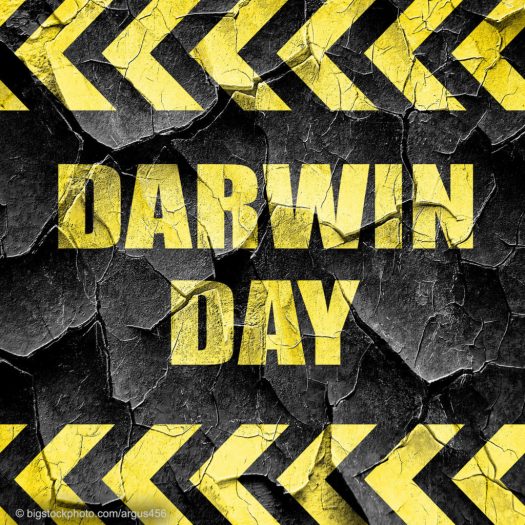
One thing that seems to never go away is the incredible stupidity of human beings. Every day we see people do things that not only don’t make sense but in many cases are clearly wrong. Scientific American (March 2017, page 10) has some data that shows just how close the world has come to annihilation due to the failures of humans to manage nuclear resources wisely.
The article states that both the United States and Russia have about 900 nukes ready to launch. In 1983 the Russian detection system said the U.S. missiles were on their way. A Russian military officer had a gut feeling that it was a false alarm, and didn’t push the button that would have plunged the world into a nuclear war. It turned out he was right. In 1979 a similar situation developed in the United States which activated ballistic missiles and nuclear bomber crews. Satellites could not verify the alert, so the retaliation was not ordered. It turned out that training software which had a simulation built in had found its way into the alert system. In 1974 during his impeachment proceedings, President Nixon said to reporters: “I can go into my office and pick up the telephone, and in 25 minutes 70 million people will be dead.” There were those who were worried that he would do just that.
The point of all this is that humans continue to allow materialism, nationalism, and personal power struggles to dominate the future of the planet. Albert Einstein is reported to have said, “If world war three is fought with nuclear weapons, world war four will be fought with clubs.” Given this, the importance of getting people to see the wisdom of Christ and His teachings of peace cannot be over-emphasized, In Matthew 24 Jesus predicted that future generations would do stupid things, “You will learn of wars and rumors of wars … famines, bogus religions” etc. Rather than be panicked by all this and what is happening to the world, we need to be encouraged to look to the time when God will put an end to all of the stupidity, and all of God’s children will be at peace with one another and with God. Matthew 24 describes that in some detail, and it is worth reading again in our age of foolish talk.
–John N. Clayton © 2017









